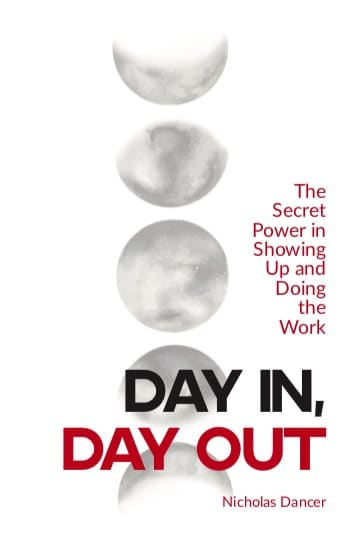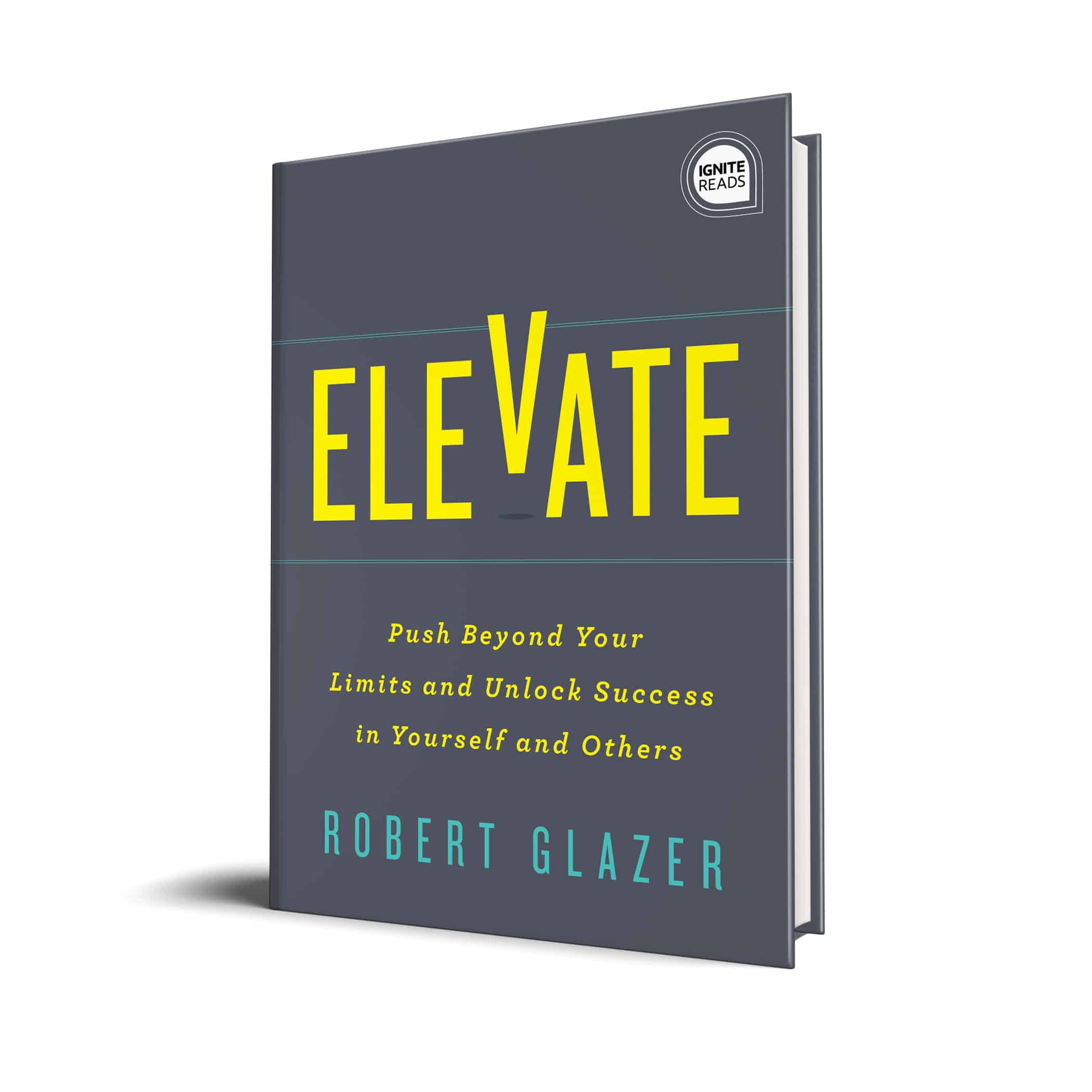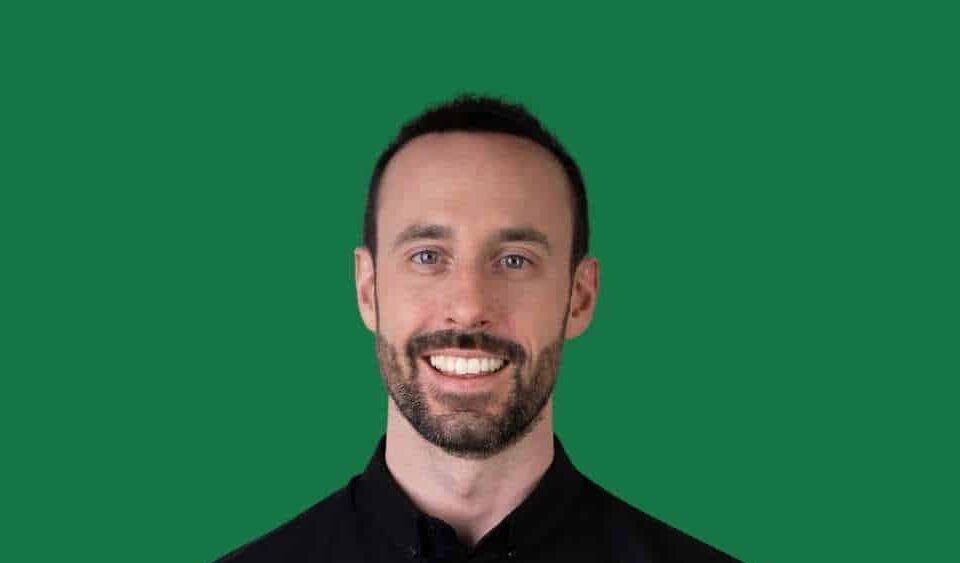
Eliminating drama from your business
October 8, 2019
The one thing that keeps high achievers ahead of the pack
October 16, 2019By Bill Fotsch and John Case
Earlier this month, HP Inc. announced a layoff of up to 9,000 workers over the next three years. This comes on the heels of an earlier three-year layoff plan that reportedly eliminated as many as 5,000 jobs.
Meanwhile, GE said that it was freezing pensions for 20,000 employees. It offered pension buyout packages to 100,000 former workers.
No doubt these were necessary business moves, at least in the short term. HP’s stock ticked up on news of the restructuring. GE is trying to pare down its mammoth debt.
But what a position to find yourself in. Here are two companies that were once exemplars of corporate America, legendary enterprises that built—and could count on—the long-term loyalty and engagement of their workers. HP was famous for the HP Way, an employee-centric management philosophy pioneered by founders Bill Hewlett and Dave Packard. GE was more conventionally run, but as the Wall Street Journal recently put it: “For decades, a job at GE with its generous pension was a safe ticket to a middle-class life for many Americans.”
Today, you have to think that for the foreseeable future, any well-intentioned human-resources program to promote engagement or loyalty at these companies will ring hollow. Actions speak louder than words.
None of this, of course, should come as a surprise. Managers all over the corporate world assume that there’s no alternative to hiring and firing their employees as business conditions dictate.
But there is. You can see it in a handful of large public companies, such as Southwest Airlines. And you can see it in many well-managed private companies.Unlike every other major airline, Southwest has never had a layoff. Unlike every other major airline, it has never entered bankruptcy. It has been consistently profitable, including through the Great Recession of 2009-2011.
Anthony Wilder Design/Build, a family-run general contractor in the D.C. area, doesn’t do layoffs, either. Neither does Hypertherm, a New Hampshire–based middle-market manufacturer of high-tech cutting equipment. Both companies have been surviving and thriving for decades.
These companies view their employees as business partners, lifelong assets to the enterprise and a vital part of the company community. They don’t get rid of one another just because times are hard. Rather, they take care of one another.
You can see the difference in outlook most clearly in a crisis. When the last recession hit, Anthony Wilder’s owners took a 50% pay cut. Managers got a 30% reduction, other employees 20%. The shared sacrifice enabled the company to survive the sharp downturn in its revenues without any layoffs. Once the business recovered sufficiently, everyone was made whole. Meanwhile, competitors were scrambling around trying to find employees to hire.
Hypertherm, too, saw its business struggle during the crisis. But no one was let go. Employees “mowed lawns, helped to move equipment, or filled in where they were needed—and continued to draw full pay,” according to a report on the company.
But the differences run far deeper than humane responses to financial difficulties. These companies build a unique kind of engagement—economic engagement—into virtually every aspect of their operations.
For example, employees learn the basics of the business and what they can do to improve business results. Southwest has launched numerous initiatives along these lines over the years. One for which we were involved in a consulting project was called Plane Smart Business. Fuel prices were high at the time, and pilots learned to monitor and reduce fuel usage. Ideas came rushing in: flying a perfect profile, shutting off the auxiliary power unit in a timely manner, adding rafts so they could fly direct rather than around the Gulf, and so on.
At Anthony Wilder, the books are open. Every employee sees the company’s revenues and costs. They track and forecast revenue, gross profit, and expenses. Weekly meetings are filled with discussions about how to improve profitable growth, starting with delighting customers. (This MSNBC video, “It’s Your Business,” provides more details.)
Hypertherm’s employees monitor monthly earnings before interest and taxes. The company sponsors what it calls continuous improvement activity, a systematic method of gathering ideas to improve business results. It gets between 100 and 150 ideas every month and follows up on all of them.
All these ideas lead to innovations. The innovations produce greater efficiency, better working conditions, and more value delivered to customers. That, in turn, leads to better business results. It’s no accident that these companies have thrived through thick and thin.
And what’s in it for the employees? Well, they act like business partners, and they are compensated accordingly. They share in the profits. (Southwest’s profit sharing last year came to $544 million—a bonus of about 11% of pay.) They own shares. Anthony Wilder is now more than a quarter owned by its employees. Hypertherm is 100% owned by its workers, through an employee stock ownership plan.
GE and HP probably can’t get back on this path for a long time—economic engagement of this sort is based on trust, and they have already undermined their employees’ trust. But for most companies it isn’t too late. In fact, you can start today.
Bill Fotsch is founder and president of Open-Book Coaching. John Case is a writer who has published widely on open-book management and related business philosophies. (To subscribe to authors’ biweekly email newsletter, please send the word ‘Subscribe’ to [email protected]).




